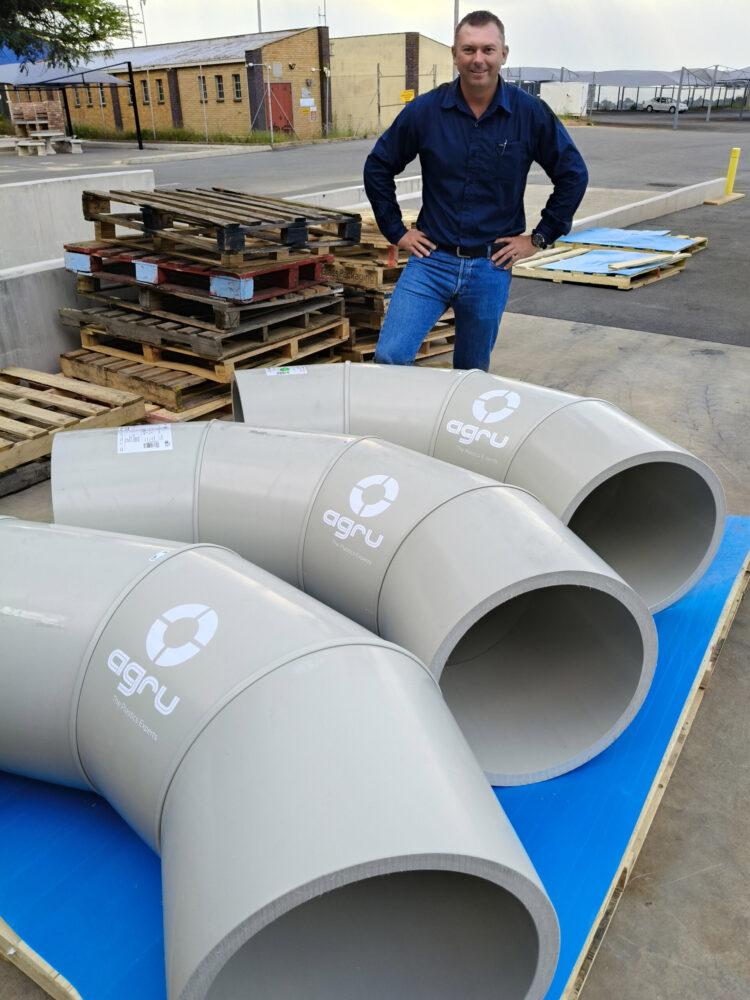Explore Our Bill Payment Services:

- Salary And Allowance
- Engineers Salary
- South Africa
Salary And Allowance Structure Of Optical Engineers In South Africa
If you’re thinking about stepping into the world of optical engineering in South Africa, one of the first questions you’ll likely ask yourself is: “How much do optical engineers earn here, and what kind of benefits can I expect?” You’re not alone. The profession has been steadily growing in demand, thanks to South Africa’s expanding technology, medical, and telecommunications industries. And with growth comes better opportunities for qualified engineers.
In this blog post, we’ll unpack the salary and allowance structure of optical engineers in South Africa. From the entry-level salary you can expect straight out of university, to the figures for seasoned experts with decades of experience, and even the allowances and benefits that accompany the paycheck—you’ll find it all here.
Overview of Optical Engineer Salaries: A Pan-South African Perspective
When looking at salaries across South Africa, optical engineers fall in the mid-to-upper tier of the technical professions. As of 2025, the average annual salary for an optical engineer sits at around ZAR 341,400, which works out to roughly ZAR 28,450 per month.
This figure is just the average. Salaries typically range between ZAR 175,900 on the lower end and ZAR 524,400 on the higher end, with a median of about ZAR 327,300. That means most optical engineers earn somewhere close to the middle but, depending on your skills, experience, and qualifications, you could find yourself much higher up the scale.
Experience-Based Progression
Like most technical fields, your earning potential as an optical engineer in South Africa grows significantly with experience. Let’s break it down:
-
0–2 years of experience: Around ZAR 201,100 per year.
-
2–5 years: Roughly ZAR 272,800 per year.
-
5–10 years: Approximately ZAR 351,200 per year.
-
10–15 years: About ZAR 428,400 per year.
-
15–20 years: Around ZAR 466,900 per year.
-
20+ years: Experienced veterans can pull in as much as ZAR 491,000 per year.
This steady upward climb shows that patience and persistence in the field pay off. Once you’ve put in the years and gathered experience across different projects, your earnings reflect that expertise.
Market Snapshot
While the general averages suggest decent salaries, some reports from the job market show lower figures, with median salaries reported around ZAR 90,000 annually for certain junior roles. These lower numbers usually reflect entry-level opportunities, limited contracts, or positions in industries where optical engineering skills are needed but not specialized. In other words, the full range of salaries depends heavily on your sector, employer, and qualifications.
Regional Variations in Optical Engineer Salaries
South Africa is diverse in both its economy and cost of living, and this naturally extends to engineering salaries. Let’s look at the two major hubs: Cape Town and Johannesburg.
Salaries in Cape Town
Cape Town, with its booming tech scene, offers competitive pay for optical engineers. The median monthly salary sits at around ZAR 27,500, with a range between ZAR 14,500 and ZAR 46,100.
Here’s how salaries progress by experience in Cape Town:
-
0–2 years: ~ZAR 17,200/month
-
2–5 years: ~ZAR 22,000/month
-
5–10 years: ~ZAR 30,400/month
-
10–15 years: ~ZAR 37,700/month
-
15–20 years: ~ZAR 40,400/month
-
20+ years: ~ZAR 43,100/month
A majority of professionals (roughly 65%) earn between ZAR 17,200 and ZAR 24,200 per month, which means entry and mid-level engineers dominate the current Cape Town market.
Salaries in Johannesburg
Johannesburg, South Africa’s economic hub, tends to offer slightly higher salaries, reflecting its role as a business and technology powerhouse.
Experience progression in Johannesburg looks like this:
-
0–2 years: ~ZAR 204,700/year
-
2–5 years: ~ZAR 267,100/year
-
5–10 years: ~ZAR 359,900/year
-
10–15 years: ~ZAR 428,400/year
-
15–20 years: ~ZAR 460,500/year
-
20+ years: ~ZAR 492,700/year
One particularly important factor in Johannesburg is educational qualification. Engineers with a Bachelor’s degree average around ZAR 290,800/year, while those with a Master’s degree can earn as much as ZAR 454,900/year. That’s a whopping 58% increase just by pursuing further studies.
Allowance Structures and Tax Considerations in South Africa
Beyond basic salary, allowances and benefits can make a big difference in your monthly take-home pay. In South Africa, allowances are carefully regulated to ensure fair compensation while also considering tax implications.
Travel Allowance
If you use your own car for work-related travel, your employer may provide a travel allowance. Generally, 80% of this allowance is taxable, unless you can prove that at least 80% of the travel was strictly for business. In that case, only 20% becomes taxable. This allowance is particularly relevant for engineers who need to travel to client sites, labs, or field installations.
Subsistence Allowance
When work requires you to travel away from your usual place of residence, employers can provide a subsistence allowance. This covers meals, incidental expenses, and sometimes lodging. The government sets daily rates to prevent abuse of this benefit, but for many engineers, especially those working on remote projects, it can be a valuable addition.
Labour Law Protections: Travel and Stand-By
Labour regulations also ensure that employers treat engineers fairly when work pulls them out of routine. If a job site is more than 15 km from the usual workplace, the employer must provide transport or compensate the employee.
For engineers who have to stay overnight away from home, employers are required to provide meals and lodging, or alternatively, a subsistence allowance—usually around ZAR 168.42 per night.
If you’re required to be on stand-by duty, you’re entitled to a stand-by allowance of about ZAR 110.43 per shift. This compensates for the inconvenience of being on call, even when you’re not actively working.
Real-World Challenges with Allowances
While allowances are designed to be beneficial, not all companies handle them the same way. Some employers try to structure allowances creatively to reduce tax liability for employees, but this can backfire if not aligned with legal guidelines.
For instance, there have been cases where companies provided payslips with inflated allowances to reduce the tax burden, only for employees to later discover the structure wasn’t compliant with regulations. The lesson here? Always ensure that the allowance structure is legitimate and backed by proper documentation.
Combining Salary and Allowances: A Holistic Perspective
When you add allowances to the base salary, the overall compensation package for optical engineers in South Africa becomes much more attractive.
-
Entry-Level (0–2 years):
Annual salary around ZAR 201,100 (~ZAR 16,760/month). With subsistence and travel allowances, especially if fieldwork is involved, total compensation can rise significantly. -
Mid-Level (5–10 years):
Annual salary around ZAR 351,200 (~ZAR 29,270/month). At this stage, allowances and occasional performance bonuses add meaningful value, particularly in larger firms. -
Senior-Level (15+ years with a Master’s):
Annual salary between ZAR 466,900 and ZAR 491,000 (~ZAR 38,900–40,900/month). For senior professionals, additional perks like leadership premiums, performance bonuses, and comprehensive allowances often come into play.
The combination of structured pay, allowances, and benefits means that the actual take-home pay for engineers can vary widely depending on role and circumstances.
Key Takeaways and Recommendations
Now that we’ve unpacked the figures and structures, here are some important lessons for anyone considering or already working in optical engineering in South Africa:
-
Salaries vary by experience, education, and location
-
Entry-level engineers earn around ZAR 16,000–20,000/month.
-
Mid-career engineers earn between ZAR 25,000–35,000/month.
-
Senior-level engineers can earn ZAR 35,000–45,000/month or higher.
-
-
Further education pays off
A Master’s degree can boost your earnings by almost 60% compared to a Bachelor’s degree. -
Allowances matter
Travel, subsistence, and stand-by allowances can significantly improve take-home pay, especially for engineers working outside office-based environments. -
Stay compliant
Ensure your salary package aligns with labour laws and tax regulations. While creative salary structuring may look attractive, it can cause problems down the line if it isn’t legal. -
Additional benefits sweeten the deal
Beyond fixed salary and allowances, many employers offer performance bonuses, professional development support, and health-related benefits like optical and medical aid.
Final Thoughts
Optical engineering in South Africa is a rewarding career path—not just intellectually but financially too. While the profession sits comfortably in the mid-to-upper range of salaries for engineers, the real value often comes from combining base salary with allowances, benefits, and long-term growth potential.
For those entering the field, patience and persistence are key. Your early career salaries may not be jaw-dropping, but the steady upward trajectory means that with each passing year, your value—and compensation—grows. And for those considering postgraduate qualifications, the financial benefits of a Master’s degree make the investment worthwhile.
Ultimately, if you’re passionate about optics, telecommunications, or advanced technology, South Africa offers both the opportunities and the compensation structures to make optical engineering a fulfilling and sustainable career.









